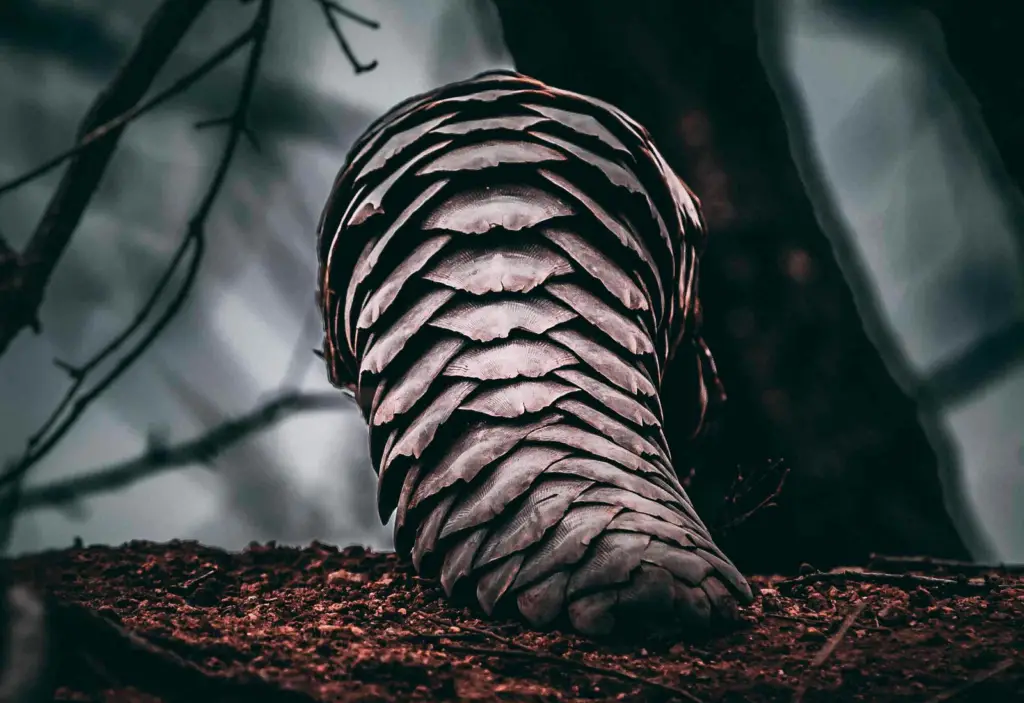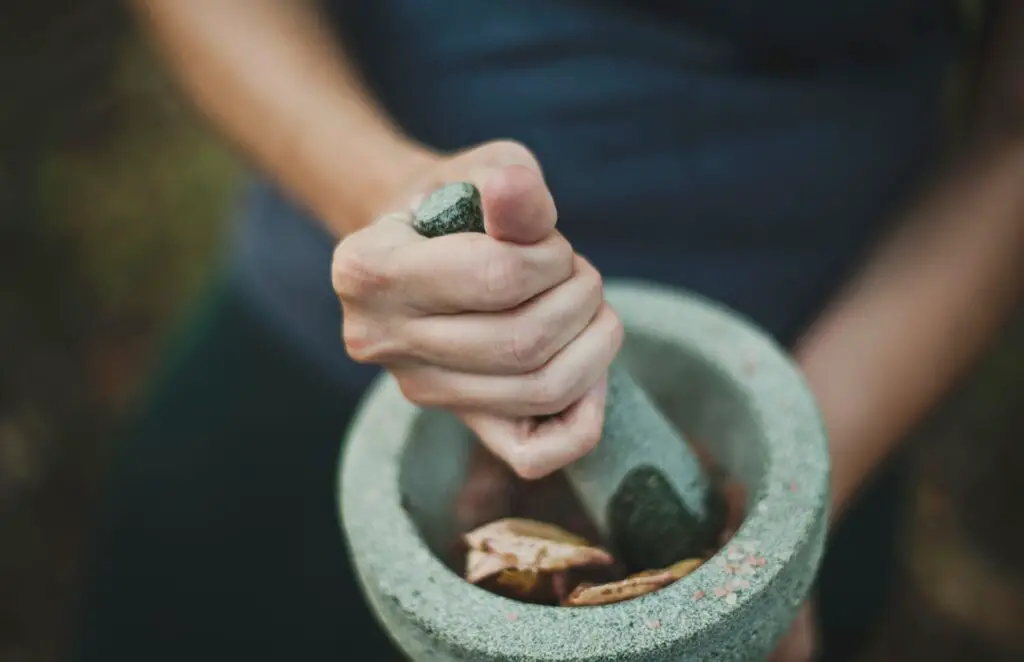Pangolins are heavily implicated in ethnomedicinal practices and are considered a source of natural remedies for ailments such as arthritis and asthma in various cultures, particularly within African communities.
Pangolins are the most trafficked mammals worldwide, putting them at extinction risk. Efforts to protect these species must be adopted, and further exploration into the relationship between local culture and pangolin conservation is necessary to find alternative solutions that respect cultural traditions and conservation needs.
Key Takeaways:
- Pangolins in Ethnomedicine: Pangolins are used in traditional medicine across various African cultures, where they are believed to have therapeutic properties for ailments like arthritis and asthma.
- Conservation Urgency: Pangolins are the most trafficked mammals globally, and they are facing extinction due to the demand for their scales in traditional medicine.
- Medical Ineffectiveness: Despite traditional beliefs, clinical evidence does not support the efficacy of pangolin scales in medicine
- Health Risks: Using pangolin scales poses health risks and contributes to their endangerment.
- Future Research and Collaboration: Future research should focus on identifying and promoting herbal alternatives that don’t rely on wildlife.

Ethnomedicinal Practices
The ethnomedicinal practices of Africa’s diverse cultures heavily involve pangolins, reflecting a deep-rooted belief in their medicinal properties.
Across the continent, traditional medicine is a primary healthcare modality for many, with pangolins being used extensively due to their purported therapeutic benefits. These practices are deeply embedded in cultural traditions and highlight the significant relationship between humans and wildlife, particularly in regions where modern healthcare may be less accessible.
Studies have documented the widespread use of pangolin scales and meat in treating ailments ranging from arthritis to asthma in countries like Ghana and Sierra Leone.

Conservation Concerns
Amidst growing international concern, conservationists are rallying to address the alarming decline of pangolin populations, primarily driven by the unsustainable demand for their scales for traditional medicine practices.
Efforts to protect pangolins include policy guidelines on traditional medicine development and community-based conservation initiatives. Understanding cultural beliefs and the ethnomedicinal use of pangolins is vital for developing effective conservation strategies.
The True of Medical Efficacy of Pangolin Scales
Pangolin scales are ineffective in medicine due to unreliable clinical evidence supporting their efficacy.
Despite studies indicating potential benefits for certain conditions like postpartum hypoagalactia and mesenteric lymphadenitis when combined with herbal decoction or antibiotics, the overall quality of research is low.
Most studies suffer from methodological flaws such as small sample sizes, lack of control groups, and unclear outcome measures. Additionally, the reporting quality of case reports is inadequate, and there is a risk of bias in many of the studies.
The use of pangolin scales poses risks, including allergic reactions and the potential transmission of pathogens from wild pangolins to humans.
Considering the endangered status and the lack of substantial evidence supporting their medical efficacy, it is prudent to prohibit their use in clinical practice and explore alternative treatments.
Pursuing sustainable herbal alternatives to pangolin scales in traditional Chinese medicine is underway, reflecting a growing awareness of the need to balance medicinal practices with conservation efforts.
Future Research Directions
The development of sustainable alternatives that do not compromise the survival of these endangered species is underway and requires further studies. Research should explore, identify, and promote herbal medicines that offer similar therapeutic benefits without relying on wildlife.
It is also important to better understand the motivations and beliefs that drive Traditional Medicine practitioners to use pangolin products. Understanding these underlying factors can lead to more effective conservation campaigns tailored to address specific cultural and societal nuances. Collaboration is paramount; bringing together healers, scientists, and governmental stakeholders can forge a unified front in wildlife conservation efforts within Traditional Medicine practices.
Educating practitioners about the endangerment of pangolins and the legal repercussions of utilizing their parts in treatments can help role in curbing demand. Additionally, continued efforts to spotlight herbal medicines as viable and ethical alternatives will be instrumental in moving towards non-wildlife-based Traditional Medicine practices, ensuring the preservation of pangolin populations for future generations.
Conclusions
Traditional medicine practices and pangolin conservation have been linked for many centuries. However, in the modern world, it is necessary to balance cultural heritage and species preservation.
Despite widespread beliefs in their medicinal properties, scientific evidence supporting the efficacy of pangolin scales is lacking.
Urgent action is required to address the critical decline of pangolin populations, necessitating collaborative efforts across diverse stakeholders.
Moving forward, prioritizing sustainable alternatives in traditional medicine, raising awareness about pangolin conservation, and fostering dialogue among stakeholders are steps towards ensuring the survival of pangolins while respecting cultural traditions.



